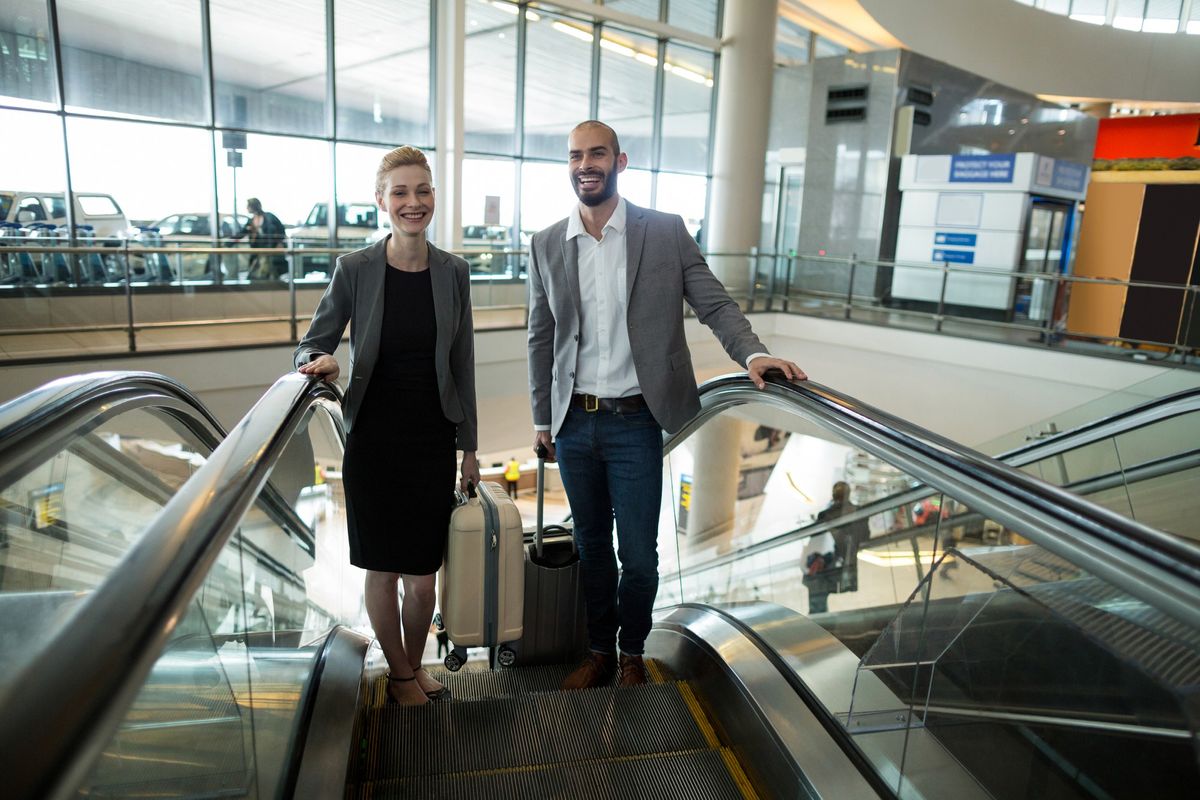Introduction
Every year, corporations and TMCs send out thousands of hotel RFPs to secure preferred rates for business travelers. But despite the effort, many programs fail to capture maximum value. Why? Because common mistakes in the RFP process weaken negotiations, frustrate hotels, and compromise savings.
The good news is these mistakes can be avoided with the right approach. Platforms like hotel rfp solution to avoid sourcing mistakes help travel managers streamline the process, reduce errors, and strengthen compliance. By leveraging a hotel rfp tool like ReadyBid, corporations can eliminate inefficiencies, win better rates, and simplify the annual sourcing cycle.
The Top Mistakes in Hotel RFPs1. Sending to the Wrong Contacts
Many RFPs fail simply because they’re sent to outdated or incorrect hotel contacts.
Hotels ignore or miss the solicitation, leading to lower response rates.
Fix: Use tools with verified contact databases. ReadyBid maintains direct property and NAM (National Account Manager) contacts, ensuring bids go to the right people.
2. Using Overly Complex RFP Templates
Lengthy, non-standard templates overwhelm hotels and slow down responses.
Critical information gets buried under unnecessary questions.
Fix: ReadyBid offers hotel rfp template libraries (GBTA Full, Short, RateQuick, Small Meetings) that are comprehensive yet streamlined.
3. Not Benchmarking Rates Before Accepting
Without comparing offers to industry averages, companies often accept overpriced rates.
This undermines negotiation leverage.
Fix: Modern hotel rfp software includes real-time benchmarking to highlight competitive vs. inflated offers.
4. Ignoring Traveler Feedback
Travel managers sometimes select hotels based only on rates.
If traveler satisfaction is ignored, compliance drops and leakage rises.
Fix: Balance rates with traveler convenience and comfort (Wi-Fi, breakfast, safety). ReadyBid lets managers incorporate traveler data into sourcing.
5. Over-Reliance on Legacy Tools
Older providers like Lanyon and Cvent charge high fees and frustrate both buyers and hotels.
This reduces participation and limits competition.
Fix: ReadyBid provides a transparent, cost-effective best hotel RFP tool with unlimited users, unlimited RFPs, and hotel-friendly policies.
6. Failing to Audit Rates Post-RFP
Even after winning discounts, hotels often fail to load rates properly into GDS or Concur.
This causes leakage and lost savings.
Fix: Built-in rate auditing in ReadyBid verifies GDS compliance across Sabre, Amadeus, Galileo, and Worldspan.
7. Not Allowing Competitive Bids
Limiting sourcing to invited hotels misses opportunities for better offers.
Fix: ReadyBid supports competitive bids, letting hotels self-match into programs if they meet corporate criteria. This drives stronger competition.
8. Neglecting Legal Terms
Many RFPs focus only on rates, overlooking cancellation policies, attrition clauses, or force majeure.
This creates risk and unexpected costs.
Fix: ReadyBid’s templates include contractual fields to ensure nothing is overlooked.
9. Treating RFPs as One-and-Done
Sending an RFP once per year with no mid-cycle flexibility means missed opportunities.
Fix: With ReadyBid, travel managers can adopt continuous hotel sourcing-renegotiating mid-year if hotels underperform.
10. Poor Communication With Hotels
Hotels often complain about lack of clarity, inconsistent templates, or missing information.
This delays responses and reduces quality offers.
Fix: ReadyBid standardizes the process, providing hotels with clear, user-friendly RFPs that increase response rates.
How ReadyBid Eliminates These Mistakes
ReadyBid was designed to address the exact issues travel managers face:
Verified hotel and NAM contact database.
Standardized hotel rfp solution templates.
Real-time benchmarking during negotiations.
Built-in compliance tools like multi-GDS rate auditing.
Competitive bidding support.
Unlimited RFPs, users, and negotiations.
Business Impact of Avoiding Mistakes
Companies that eliminate these errors report:
Higher hotel participation (response rates up by 20-30%).
Lower negotiated rates (savings of 10-18% year-over-year).
Improved compliance (rates visible and bookable in Concur).
Stronger traveler satisfaction (hotels aligned with traveler needs).
Best Practices for Stronger Hotel RFPs
Always audit rates post-RFP.
Use verified contact databases.
Keep templates streamlined but comprehensive.
Benchmark all offers before accepting.
Allow competitive bidding to increase options.
Include legal and duty-of-care questions.
Why ReadyBid Is the Best Hotel Procurement Tool
Unlike legacy platforms, ReadyBid eliminates the common mistakes that frustrate travel managers:
Unlimited RFPs and users at one flat fee.
Automated auditing and benchmarking built in.
Competitive bidding module included.
Integration with Concur and GDS.
This positions ReadyBid as the best hotel RFP solution for corporations and TMCs in 2025.
Quick Resources From the ReadyBid Blog
Conclusion
Most hotel RFP failures aren’t due to poor negotiations-they’re caused by avoidable mistakes like using bad templates, missing audits, or ignoring traveler needs. These issues waste time, reduce savings, and damage program compliance.
With the hotel rfp tool ReadyBid, corporations eliminate these pitfalls. Automated templates, verified contacts, real-time benchmarking, and rate auditing ensure hotel RFPs deliver maximum value every time.
Stop repeating the same mistakes each sourcing cycle-Book a Demo Today.

